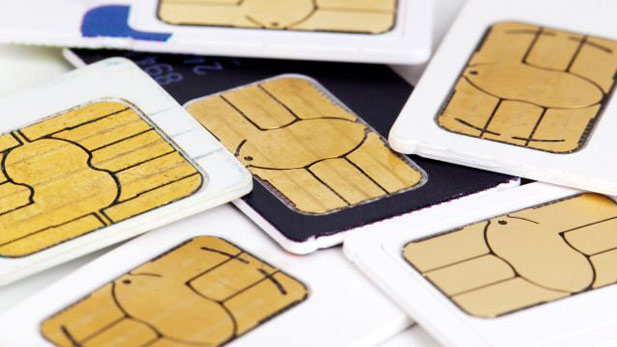Let’s face it; roaming charges suck. Of course the idea of being reachable on your number as soon as you cross the border is pretty awesome, but the cost that comes with that has never been easy to accept. Which means that anything that makes that burden any less expensive is an awesome development.
Belgium and Luxembourg have found a solution that eliminates roaming charges entirely. The two countries have a lot of border traffic. Their solution places the numbers of both countries on the same SIM card. When a subscriber is at home, he or she can use his Luxembourg operator. When they cross over to Brussels, they are billed by a Belgian operator. It sounds so simple and logical, it makes you wonder why we don’t have it everywhere and why we pay roaming charges in the first place.
The problem is that mobile operators usually have to purchase spectrum to operate in country. Most countries in Africa charge different prices for spectrum. In Zimbabwe, the price of spectrum is very high. This deters potential mobile players from operating in Zimbabwe. When we want to roam the costs passed on to us are pretty high.
The introduction of a borderless SIM would likely promote uniform spectrum prices even for a region like Southern Africa. SIM card prices would be similarly priced across the whole region.
This borderless SIM might also force local mobile operators to have regionally competitive call and data prices as customers and the government become more aware of regional prices. Operators might stop toying with customers. Customers will be less likely to switch their lines and will go with the operator which offers the best services.
Using a phone with your Econet, Vodacom or Mascom number means your won’t need to buy multiple phones or dual SIM phones. You can have multiple numbers on your iPhone, Samsung or Nokia even if it can only accept a single SIM card.
Interestingly this form of tech comes after Kenya recently allowed Slim SIM tech that allows subscribers to use one SIM for more than one network with the ability to switch from one operator to another easily. It’s these forms of tech that are key to ensuring the right sort of competition that keeps operators in check. Knowing that a subscriber can move over at any time is enough to warrant a better service. With all the frustrations that come with the Zimbabwean mobile market’s I only hope that one of these solutions end up here.

One response
i was hoping to see the samsung s7 using the esim as it was said before launching .